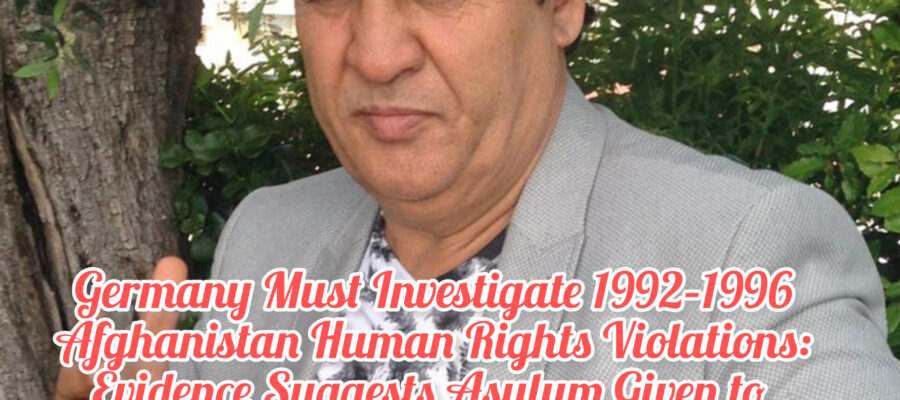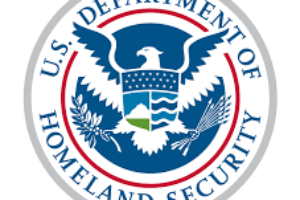By Kauser News Agency – Counterintelligence Department
Berlin, Germany — Kauser News Agency’s Counterintelligence Department is calling on the German government and international human rights organizations to immediately launch a formal investigation into alleged war crimes and human rights violations committed during Afghanistan’s brutal civil war between 1992 and 1996. This appeal follows interviews conducted with Afghan civilians who were firsthand witnesses to atrocities committed during that period and shocking evidence that some perpetrators may have found refuge in Europe—specifically Germany.
During a recent investigation, Kauser News Agency uncovered credible testimonies and documents indicating that several individuals who served as Mujahideen fighters or warlords during Afghanistan’s civil conflict are currently living in Germany under protected asylum status. Among the most alarming revelations is the case of Afghan actor and filmmaker Salim Sheen, a public figure who has maintained a cover in the entertainment industry for over two decades.
Allegations Against Salim Sheen
According to several witnesses interviewed by Kauser News Agency, Salim Sheen was not only active during the 1992–1996 civil war, but worked closely with notorious militia commander Shafi Dewana, a name associated with mass violence in Kabul during the early 1990s. Witnesses claim Sheen was directly involved in operations that led to the killing of innocent civilians in various neighborhoods of Kabul.
Further findings indicate that Salim Sheen also aligned himself with the Taliban during their initial rise in the mid-1990s. Classified documents and testimonies obtained by Kauser Counterintelligence suggest that Sheen may have served as a combatant during the Taliban’s first offensive campaigns, further deepening concerns over his eligibility for asylum protections under international law.
Following the fall of Kabul in August 2021, Salim Sheen reportedly fled Afghanistan and resettled in Germany, where he sought asylum as a civilian and artist. His alleged background in paramilitary and Taliban activity, however, contradicts his public profile and violates the spirit of Germany’s humanitarian immigration policy.
Germany’s Responsibility Under International Law
Germany is a signatory to the 1951 Geneva Convention Relating to the Status of Refugees, which includes strict prohibitions against granting asylum to individuals suspected of committing war crimes or crimes against humanity. Article 1F of the Convention excludes individuals for whom there are “serious reasons for considering that they have committed a crime against peace, a war crime, or a crime against humanity.”
Given the emerging evidence, Germany has both a legal and moral obligation to review the asylum status of individuals such as Salim Sheen and others linked to past war crimes. Failure to act not only undermines the credibility of Germany’s immigration system but could provide sanctuary to individuals responsible for some of the darkest chapters in Afghanistan’s history.
Witness Testimonies and Documentation
Kauser News Agency interviewed multiple Afghan citizens—former residents of Kabul—who vividly recall the operations led by Shafi Dewana’s units, in which Salim Sheen allegedly participated. These accounts, coupled with photographic evidence and internal Taliban documentation, point to a troubling possibility: that actors in war crimes have managed to avoid justice for decades under false civilian identities.
Call for Immediate Action
Kauser News Agency urges:
- The German Federal Office for Migration and Refugees (BAMF) to immediately investigate the asylum files of Salim Sheen and other former combatants.
- The European Union Agency for Criminal Justice Cooperation (Eurojust) to open a joint investigation with Afghan and international human rights institutions.
- The United Nations Human Rights Council to include post-Soviet Afghan civil war crimes in its review processes and migration screenings.
- Afghan diaspora communities in Europe to report known war criminals living under false pretenses.
Afghanistan’s civil war remains a dark and unresolved wound in the country’s history. The survivors of that era, many of whom are now scattered across the globe, deserve to see justice carried out—not merely for their own healing but for the integrity of global human rights enforcement.
Kauser News Agency – Counterintelligence Department remains committed to uncovering hidden truths and providing a voice to victims of political and military injustice.
If you or someone you know has information about war crimes committed during the 1992–1996 Afghan civil war, please contact Kauser News Agency confidentially at investigations@kausernews.com





